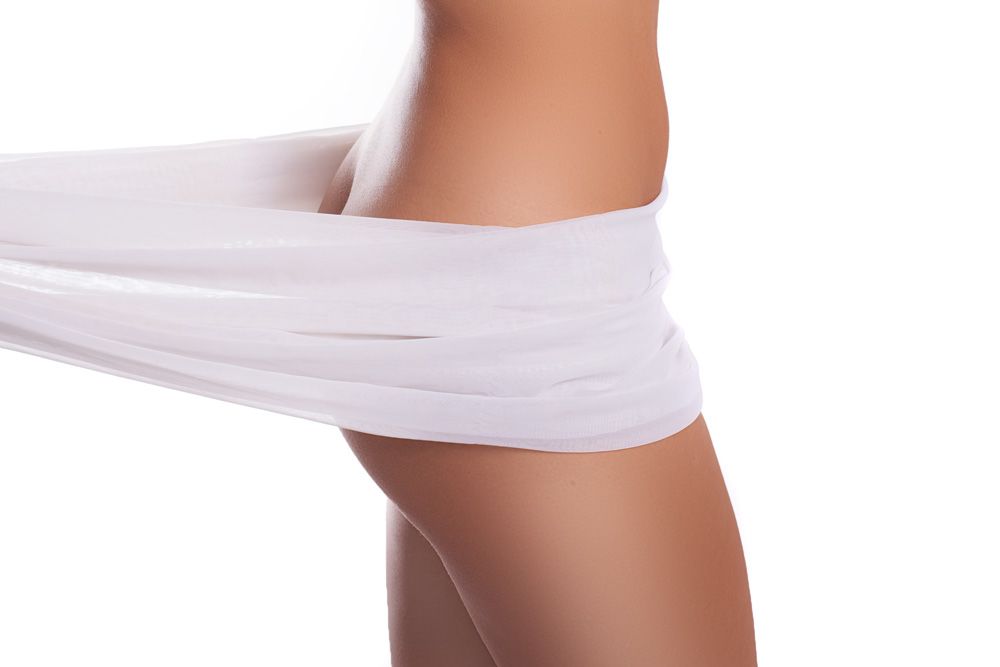
Body contouring can transform specific areas of the body, revealing a slender, svelte appearance. This makes body contouring treatment such as liposuction popular among those who wish to enhance their overall look. When considering plastic surgery, it’s beneficial to be aware of the possible side effects. One of the most common side effects of body contouring and other plastic surgery procedures is swelling. During patient consultations, Dr. Brian J. Kobienia explains what to be expect with swelling and plastic surgery. Contact our Edina, MN practice to schedule your personal consultation.
What Causes Swelling?
Swelling occurs as fluids and white blood cells collect around an injured area of the body. White blood cells help the body fight off infection and are essential for the healing process. As the body heals, swelling should subside until completely gone.
Swelling plays an important role in the healing process and should be expected after plastic surgery. However, excessive swelling, especially when combined with redness and the skin feeling hot to the touch, can be a sign of infection or other complications and should be brought to a doctor’s attention.
How Long Does Swelling Last After Plastic Surgery?
The length of time that swelling after plastic surgery can be expected will vary from patient to patient. Swelling times vary depending on factors such as the extent of surgery, where the surgery was performed, and personal swelling response. For most patients, swelling will be greatest for the first week. After the first week or two, it is typical for swelling to go down significantly, leaving only minor swelling until the surgical site is fully healed. Minor swelling may last for several months after surgery.
Tips to Reduce Swelling
Some amount of swelling should be expected after plastic surgery, but there are ways to reduce swelling and speed up recovery. Follow these tips in addition to all post-operative instructions to alleviate swelling:
- Wear a compression garment: Compression garments help support the tissues as they heal and are beneficial for reducing swelling after plastic surgery procedures such as a tummy tuck, breast augmentation, and liposuction.
- Drink plenty of water: Water helps flush out the system and decrease swelling. Drinking eight to 12 glasses of water a day can help keep the body hydrated during recovery.
- Limit salts: Sodium can cause the body to retain fluids, which can make swelling worse. Limiting foods high in sodium during recovery can prevent fluid retention and help with swelling.
- Elevation: Elevating areas that were operated on can help fluids drain away from injured areas and reduce swelling.
- Apply ice: Applying ice to injured areas helps to contract the blood vessels and reduce swelling. For best results, ice should be applied for 15-minute increments during the first 48 to 72 hours after surgery.
Schedule a Consultation
For more tips on reducing swelling after plastic surgery, or for answers to your questions about plastic surgery, we welcome you to schedule a consultation with Dr. Kobienia.



